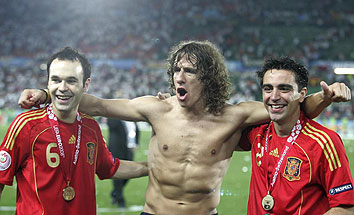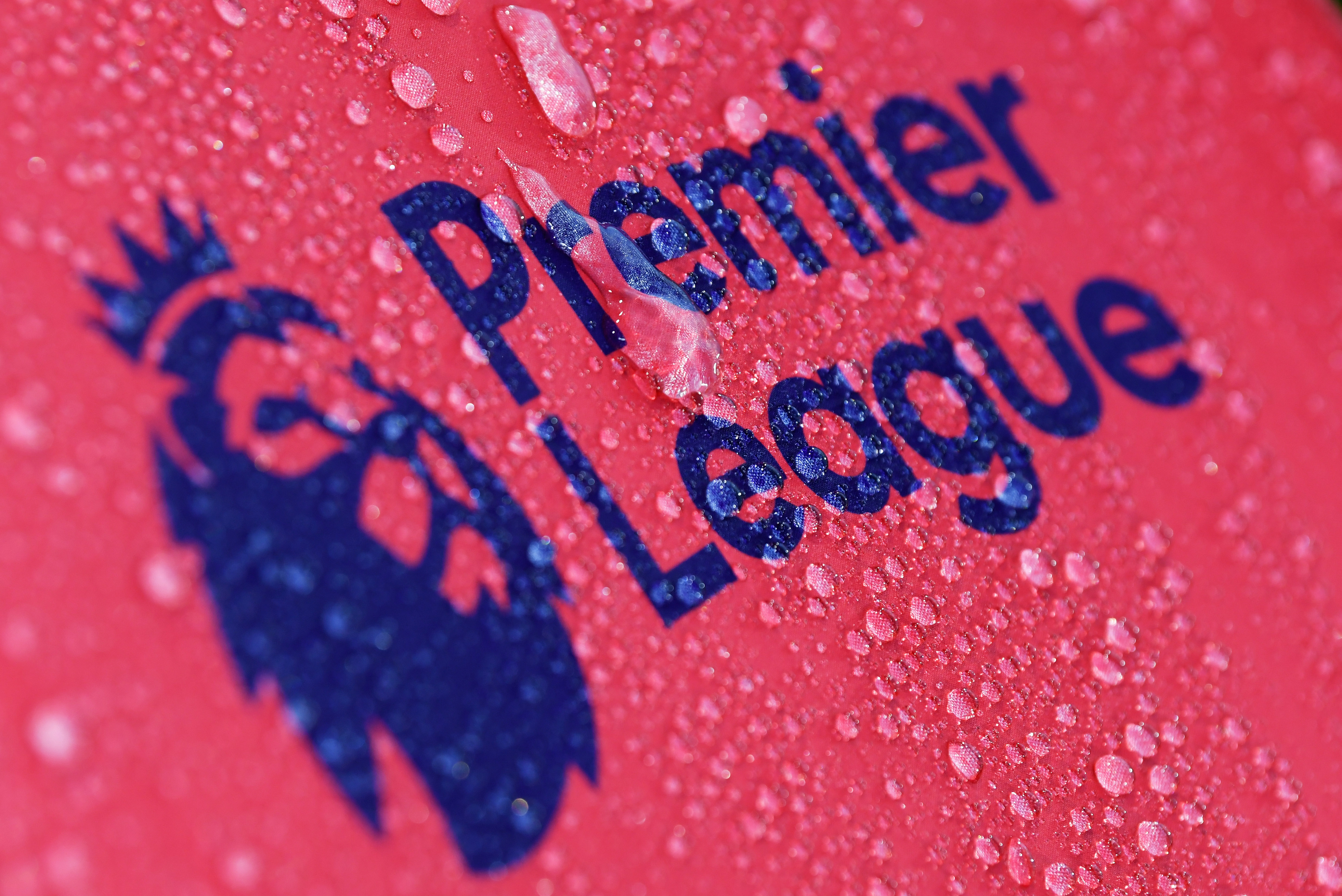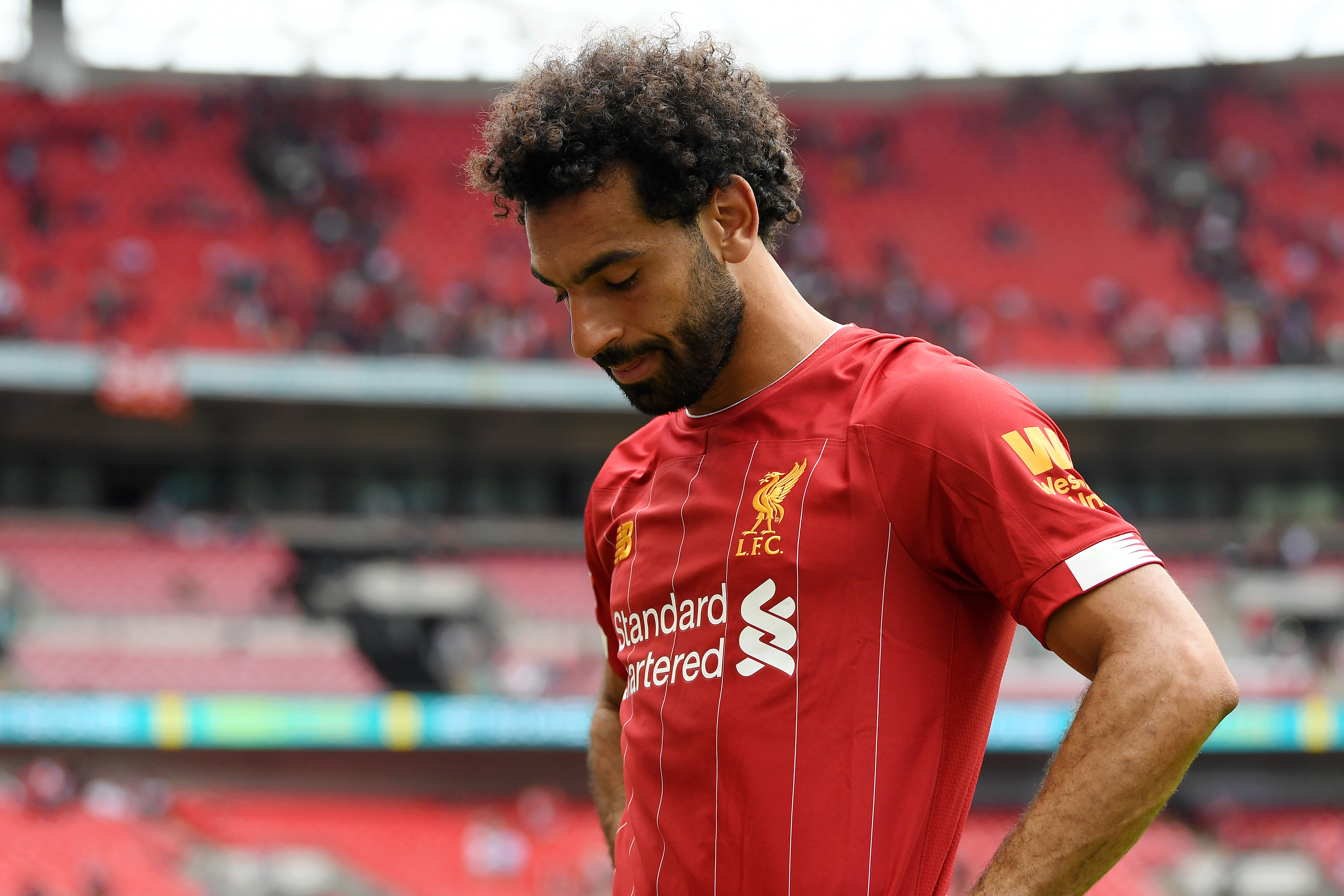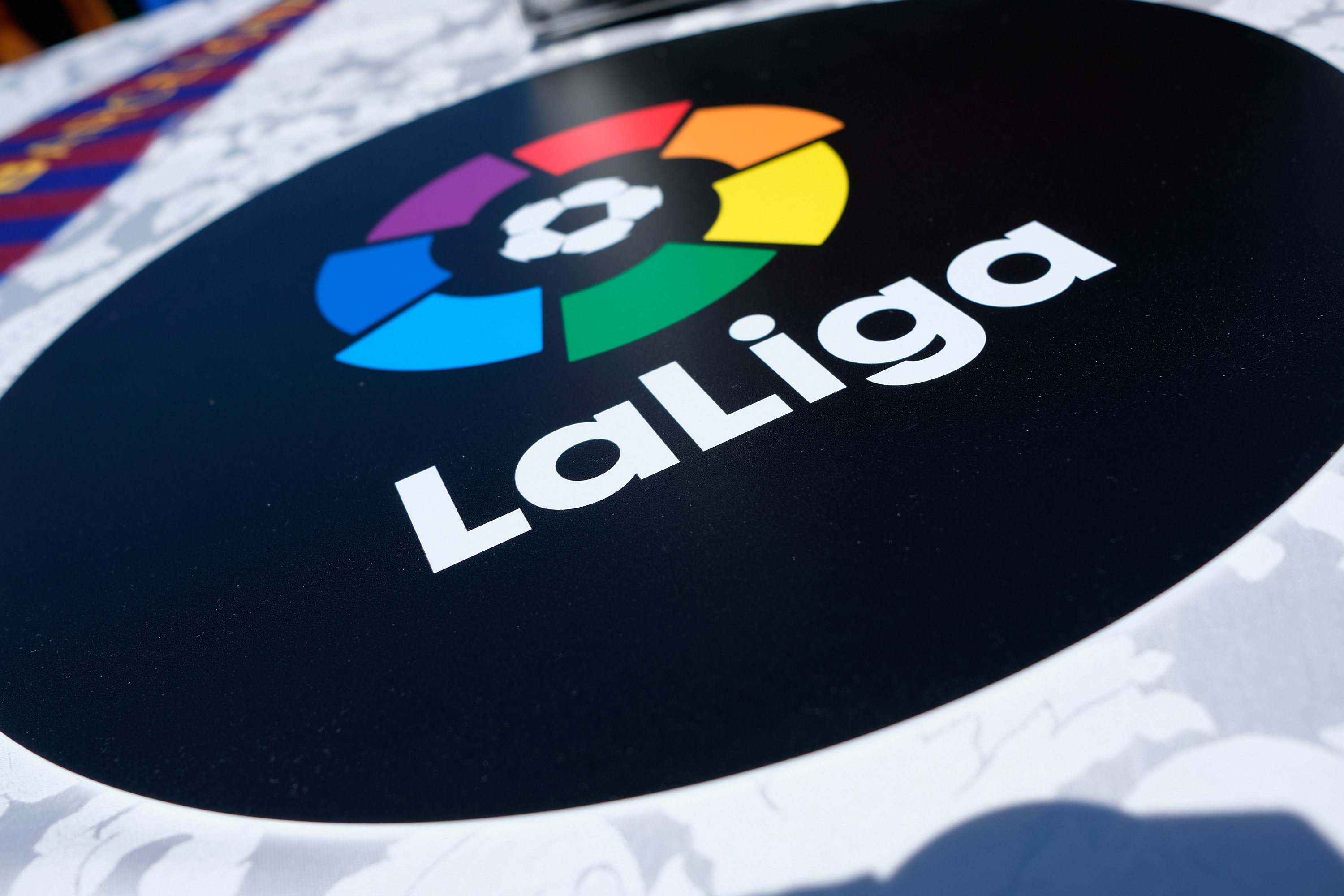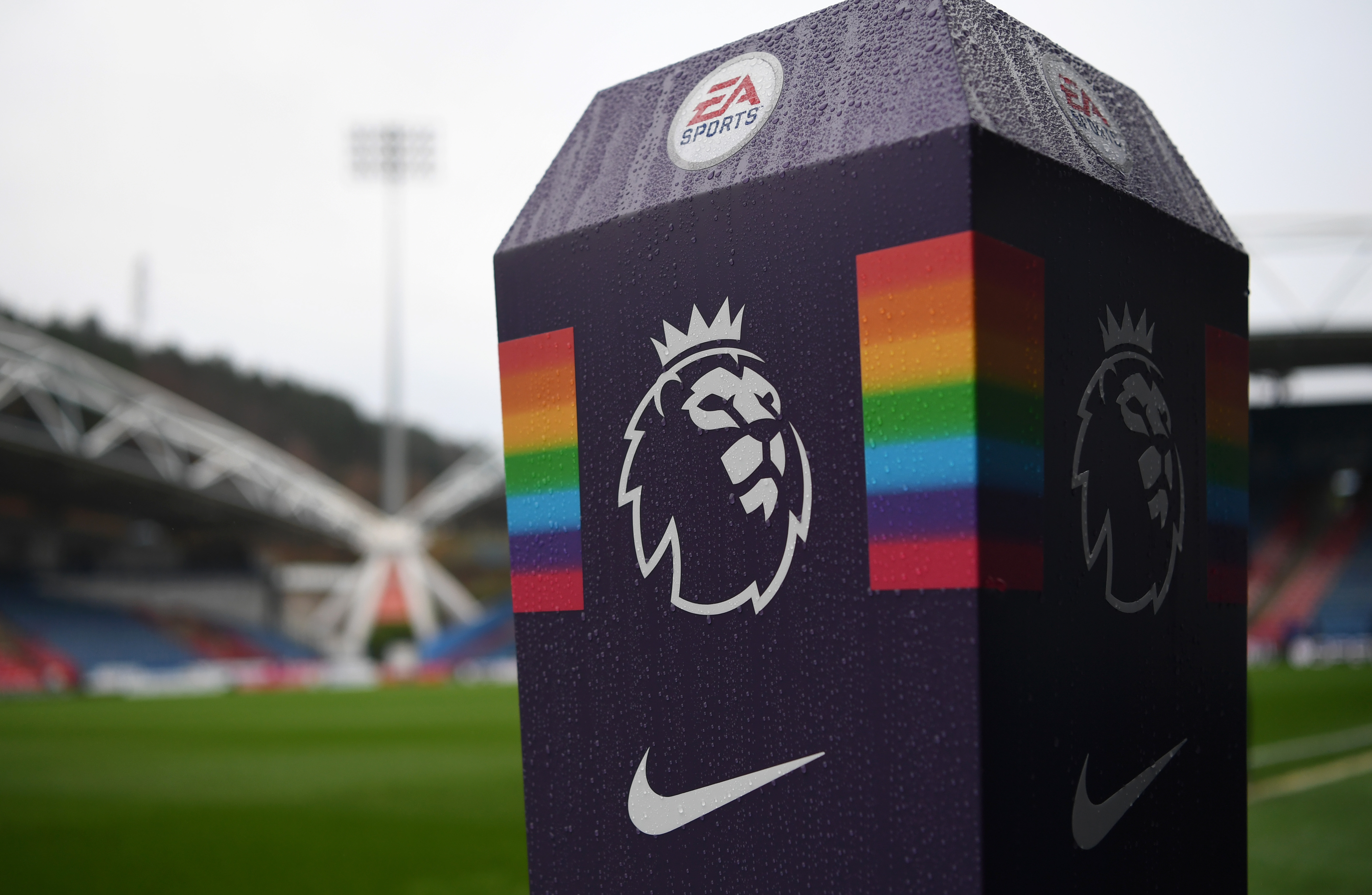The Spanish team, at present, is undoubtedly the best team in the world. Their Euro 2008 victory was branded by purists as a fluke; however, recent World Cup triumph further substantiated the fact that the La Furia Roja has indeed come of age. And with 12 points in 4 qualifying matches, the defending champions look to be all set to appear for the finals in Poland and Ukraine in 2012.
The 2006 FIFA World Cup was a major disappointment for Luis Aragones, the then coach, and his illustrious team. The qualification was not as easy as many would have anticipated. The Spanish team came second in Group 7, behind Serbia and Montenegro – a team which could have been considered ‘weaker’ on paper. Despite the not-so-impressive qualification, The La Furia Roja was kept in Pot A, along with the likes of Argentina, Brazil, England, France, Germany, Italy and Mexico. Surprisingly, apart from Mexico, they were the only other team, not to have won the World Cup.
Aragones’ men were drawn with Ukraine, Tunisia and Saudi Arabia and quite unsurprisingly, they qualified for the next round with 8 goals and all 9 points. In the Round of 16, they had the misfortune of encountering a team led by Zinedine Zidane. An absolutely world-class performance by Zizou forced Spain to bow-out, despite the fact that it was the latter, who took the lead at the half-hour mark. Their World Cup aspiration had an untimely demise and Spain were still without any major trophy after their European Championship exploits in 1964 (The Olympic Football Tournament, which they won 1992, isn’t considered in this context).
When one door closes, another open and quite rightly, Spain’s quest for a major trophy began after their exit from the 2006 World Cup. Grouped with Sweden, Northern Ireland, Denmark, Latvia, Iceland and Liechtenstein, Spain had their task cut out. With 9 victories and 23 goals in their favour, the Spaniards qualified for Euro 2008 to be held in Austria and Switzerland. In the finals, they were undoubtedly in one of the toughest groups. With Russia, Sweden and 2004 champions Greece, Spain had a tough task in hand. However, they came out unscathed from their group with 8 goals, the second highest after Holland, in the group stages. Their quest for the elusive honour got tougher, when they met Italy, Russia and Germany in the next 3 rounds. Nonetheless, Aragones’ men saw off those tough challenges and emerged as the eventual winners. Thus, their pursuit for silverware ended as they laid their hands on the elusive European Football Championship.
Spain’s tryst with silverware did not end in Austria-Switzerland. Aragones did not continue as the coach of the Spanish National Team and the mantle was taken over by another illustrious tactician – Vicente del Bosque. Under the former Real Madrid manager, La Furia Roja started their qualification campaign and had a flawless record en route to the final showdown in South Africa. Spain embarked on a journey to attain eternal glory, with 10 wins (out of 10 matches played) and 28 goals. In the process, they saw of stiff resistance from the likes of Belgium, Turkey and Bosnia and Herzegovina, home and away.
Yet again, they were one of the top-seeded teams and were finally grouped with Switzerland, Chile and Honduras. The Euro 2008 winners began as clear favourites only to be jolted by the Swiss in their opening match of the campaign. Spain, however, went on to win all the rest of their matches against the likes of Portugal, Paraguay, Germany and Netherlands to ultimately shed the tag of perennial underachievers and win the World Cup in their thirteenth attempt. In the tournament, with as many as seven of their first team players playing in a single club (FC Barcelona), the Spaniards didn’t take much time to hit top form. Only Italy betters this record – in 1978, eight Juventus players took the field for the national team in the group stage game against France. Further, all of Spain’s goals in their 2010 World Cup campaign were scored by FC Barcelona players – an imperative piece of statistic to underscore the impact FC Barcelona has on Spain National team.
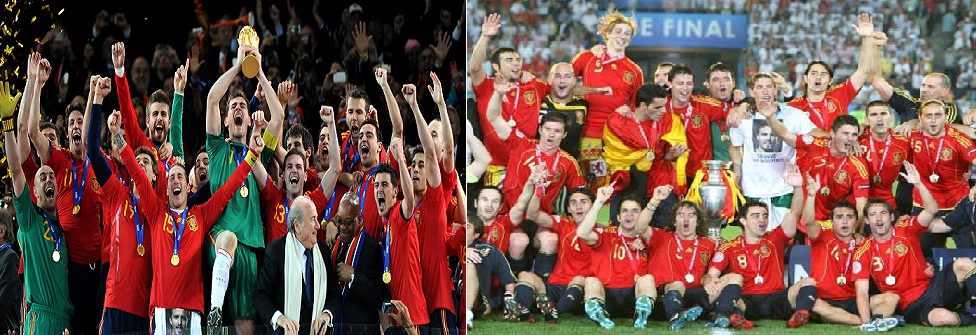
What Lies Ahead?
The Spanish team has been one of the most prominent ones in the last couple of years and their recent success at the continental and international stage bears testimony to this fact. However, they have to take a step further to etch their names along with the greatest teams in history. Apart from Italy (1934, 1938) and Brazil (1958, 1962) no other team has been able to retain the coveted World Cup. With the kind of talent at del Bosque’s disposal, it’s not unlikely for Spain to achieve this. However, the problem lies with the fact that some of their key figures are on the wrong side of 30 and Germany’s extremely potent youngsters. In Mesut Ozil, Sami Khedira, Muller, Marko Marin, Mario Götze, Toni Kroos, Lewis Holtby and André Schürrle amongst others, the Die Mannschaft, perhaps, has one of the most potent line of youngsters in the current scheme of things.
Spain has to bring up players to cover for the likes of Villa, Torres, Xavi, Capdevilla and Puyol. David Villa is undoubtedly one of the best strikers on the planet, but he is not getting any younger. However, the FC Barcelona frontman is expected the carry forward Spain’s attack in the next few years. Villa recently overtook Raul, as Spain’s top scorer and quite surprisingly took as many as 31 matches less to overtake the former Real Madrid striker.
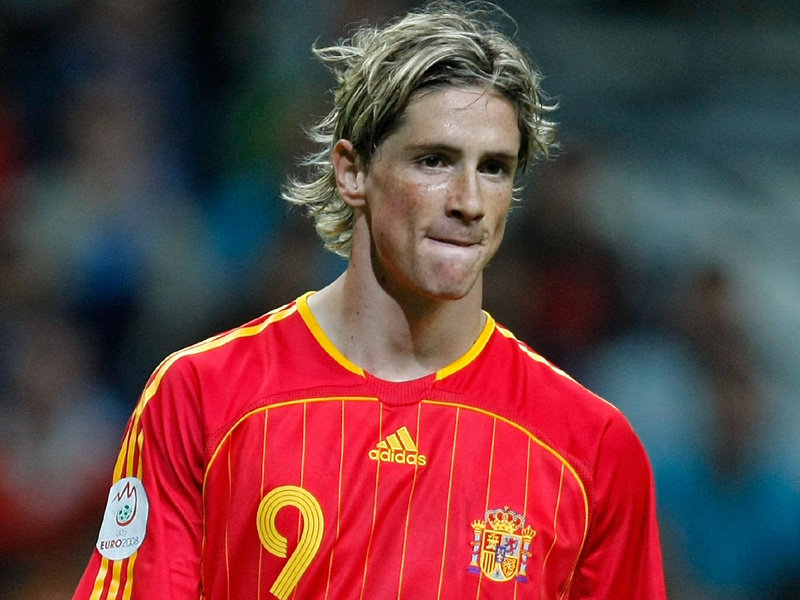
The curious case of Fernando Torres is getting only too bewildering. After a big money move from Liverpool to Chelsea, the Spaniard is yet to open his account for the Blues and his insipid display of football doesn’t suggest it to be any time soon. Further, injuries too have taken a toll on the former Atletico Madrid striker and a move back to Spain is not impossible, albeit it’s a bit improbable at this juncture, given the fact that Roman Abrahimovic just paid £50 million for him.
Midfield maestro Xavi has been the lynchpin of FC Barcelona and Spain for some time now. However, recurrent injuries and age is catching up with the exquisite passer, who knows how to control the tempo of any game. Cesc Fabregas may be a natural replacement to Xavi, but the latter’s ball retention ability is unparalleled, which is a key aspect of the type of football played by Spain. Despite the fact that the crafty midfielder has expressed his desire to don the Spanish colours till the 2014 World Cup, his fitness still remains a matter of concern and it’s only a matter of time when Cesc replaces him in the Spanish line-up.
Joan Capdevila has been a loyal servant of the Spanish National Team and has served the team well. Not only does he do enough to protect the fortress, Capdevila also contributes to the attack and can also work as a winger. The Villarreal fullback has been scoring at regular intervals for his club and country. With 15 goals in 129 appearances for the Yellow Submarine and 4 in 56 matches for the La Roja, Capdevila has carved a niche for himself and his boots will definitely prove to be big enough to fill. Not only does he score, but also assists his offensive teammates to score more. Physically extremely plucky, the player is almost an essential part of the Spanish line up.
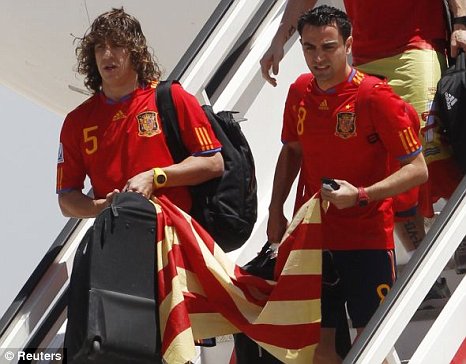
Carles Puyol, the FC Barcelona captain, has been an intimidating figure at the heart of the Spanish defense. Having served the national team for more than a decade now, Puyol still has more to offer. However, the extremely rigorous club football season with FC Barcelona, a team which plays in almost all competitions of Europe till the very end, has taken a toll on him. Despite that, his partnership with Pique is still as good as it gets and replacing Puyol will definitely be an intimidating task. Achievements such as Best European right back in 2002, Best European centre back in 2005, 2006 & 2008 and UEFA Club Best Defender in 2006, bears testimony to Puyol’s resilience and versatility.
The challenge for the new generation of Spaniards will not only be to carry the legacy, but also fight the likes of Germany, Belgium and England amongst others, who have a bunch of talented youngsters, waiting to be unleashed, in their quest for supremacy. The current generation of footballers is certainly the Golden Generation for Spain and as of now they themselves are their sole competitors. Eclipsing the current team’s achievement will definitely be a very daunting task but if the future generation has to re-write history, they will have to do the impossible.
